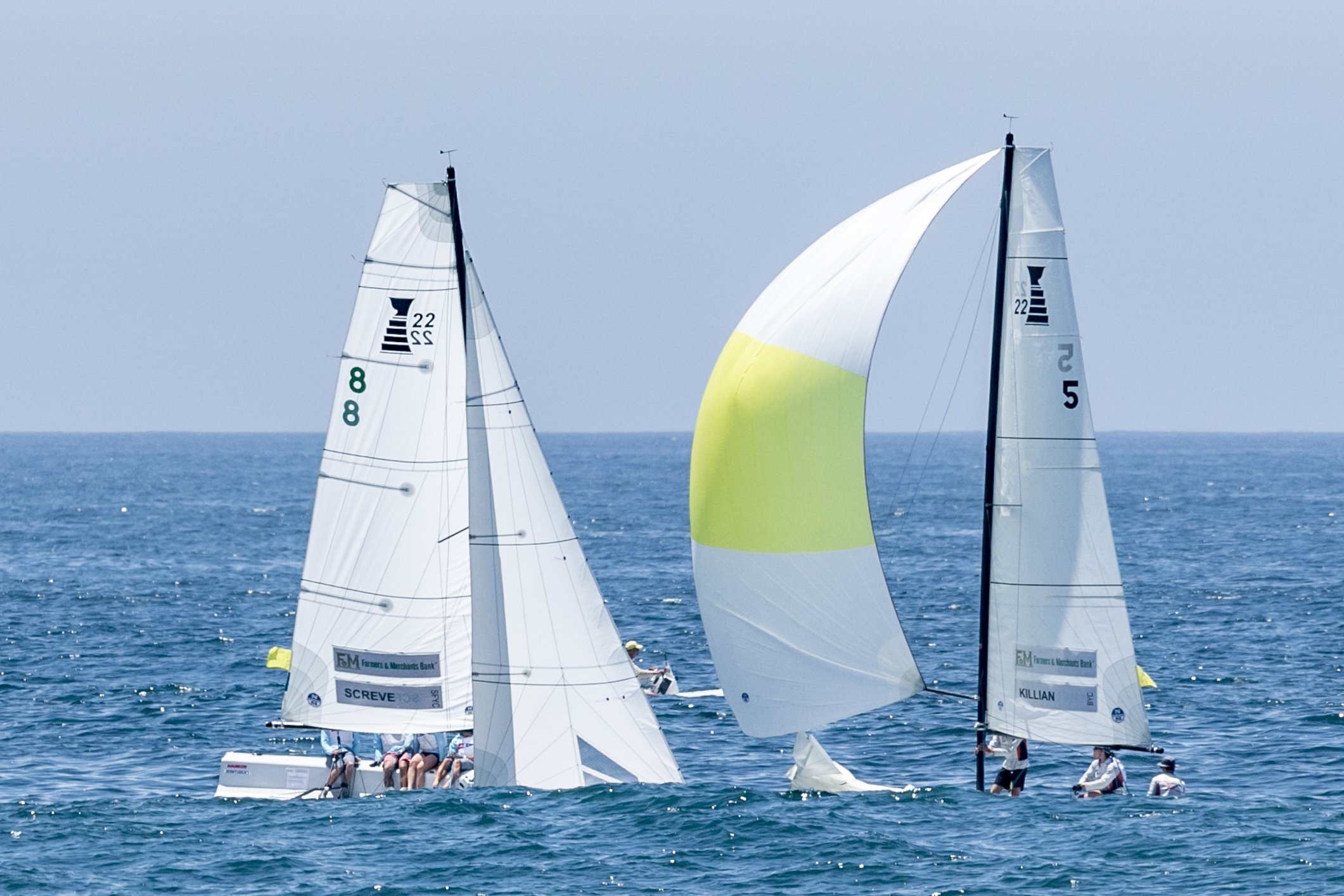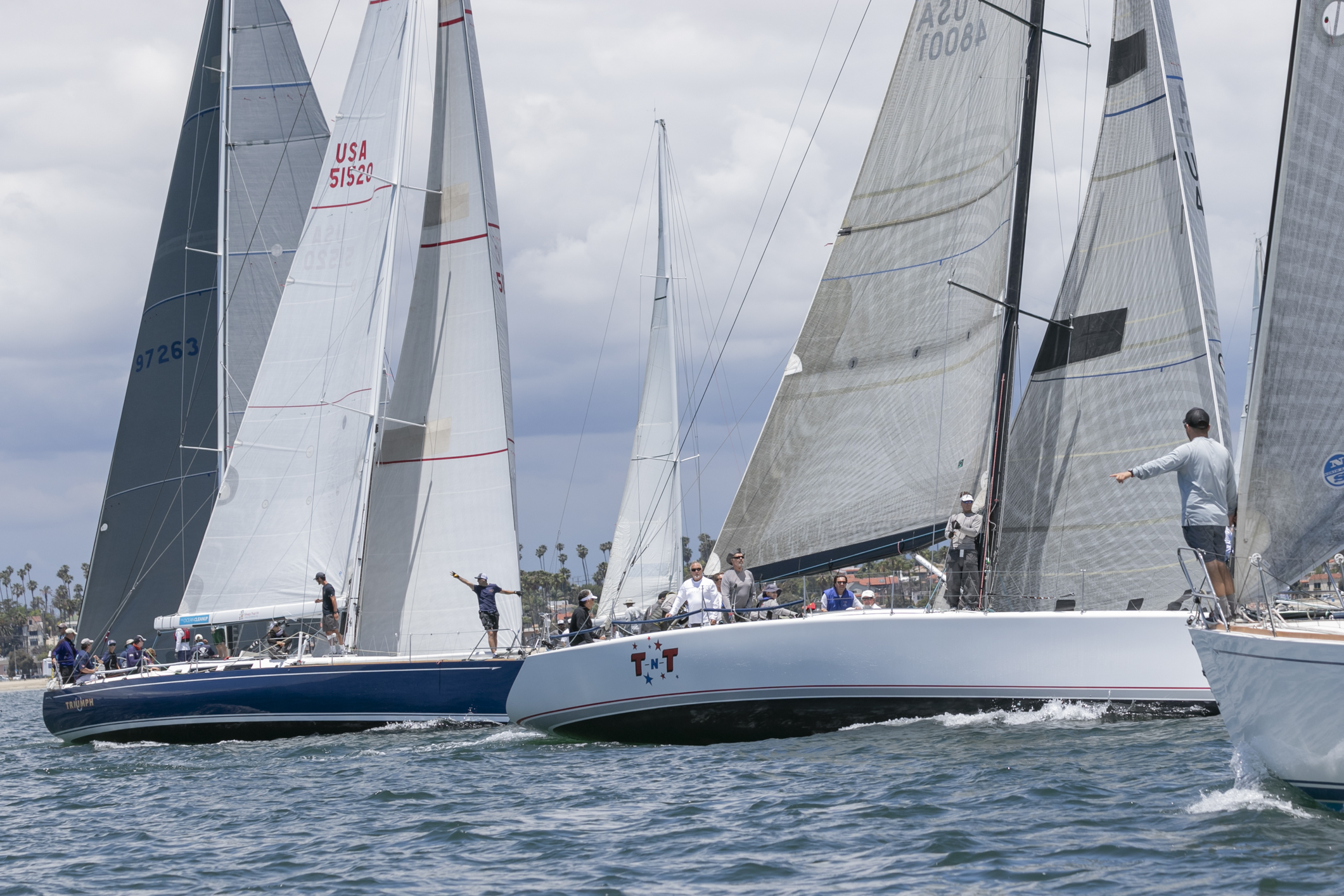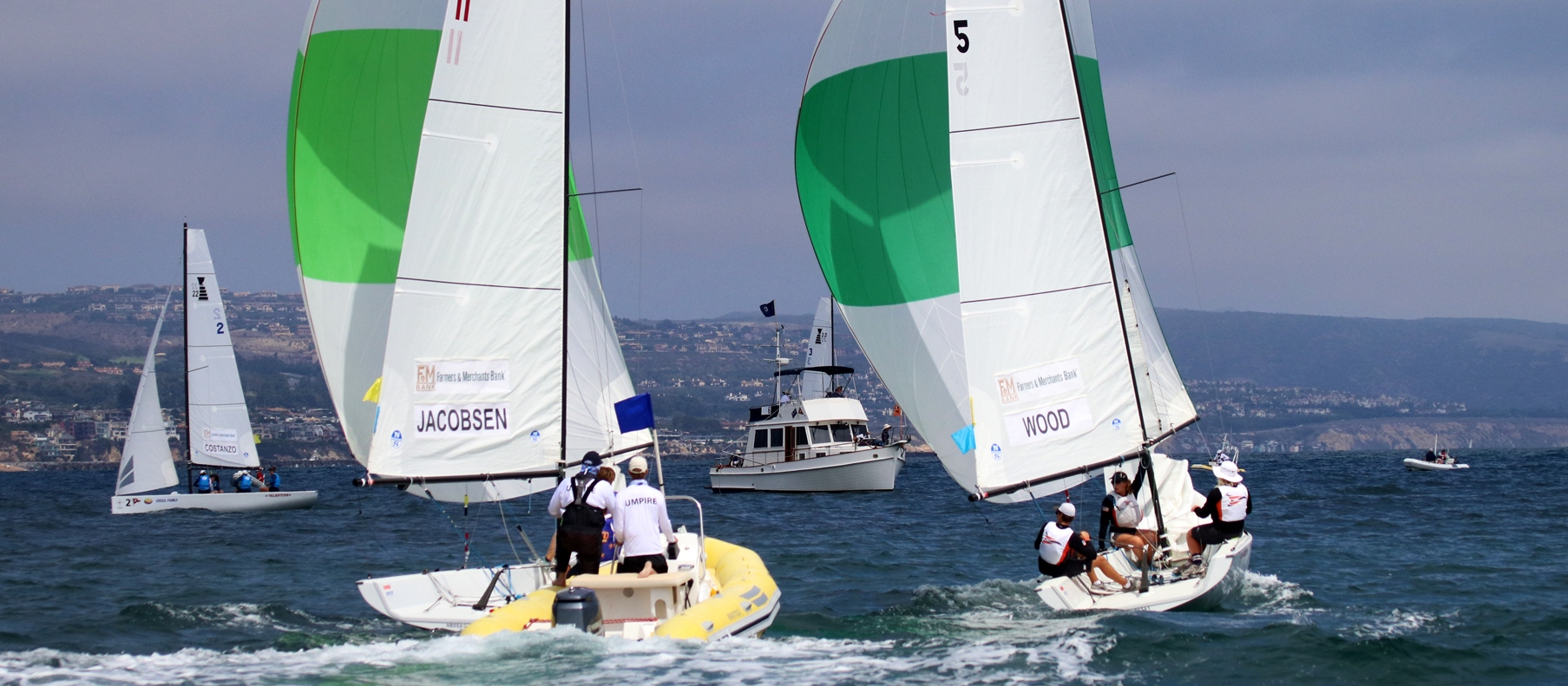Ahoy!
Yacht owners who are planning a trip across the pond might consider skipping Germany this summer or risk being fined for the color of your yacht’s diesel fuel. Apparently, two megayachts with red-dyed fuel in the tanks have been fined by German custom officials. This is news that will make Captains think twice before planning any stops in Germany or any European country that plays this game on boats from America.
All diesel fuel sold to boaters in America is dyed red to show the fuel is for off-road uses such as boating, off-road vehicles, and farm equipment. The red-dyed fuel is not subject to federal road or highway taxes, and in some places not to state tax, either. Therefore boaters do not have a choice to fuel with non-dyed diesel, and here in is the game that Germany is playing.
Red-dyed fuel in Germany is reserved only for commercial vessels and is duty-free. So, any recreational boat or yacht traveling from Newport Harbor that has fueled in the US will show traces of the red dye, and as such, the Captain or boat owner will be in violation and subject to a fine. This type of customs enforcement is completely ludicrous, and yachtsmen should delete German as a waypoint.
Tip for the week is for you to check your boat’s zincs on the exterior hull and any zincs on your engines. The zincs are the sacrificial anodes that will help slow down, but not prevent, electrolysis aboard your boat. Make sure that the zincs are still in a useful stage, and that all bonding and grounding wires are properly attached, making a good electrical conduction throughout the boat. Too many times I have noticed the effects of electrolysis and found a bad zinc, a bad connection, or no connection at all.
Also, your boat could be berthed in what is called a hot spot. A hot spot is where electricity is leaking into the water from either a neighboring boat or an electrical connection on the dock, and the energized water will eat your zincs much more rapidly. So, ask boaters on your dock how fast their zincs have to be replaced to determine the norm for your area. Boat bottom cleaners should be checking your zincs under the water, but they cannot check the pencil zincs in your engines, typically in the heat exchangers. Zincs are like buying insurance, pay a little now or pay a lot more later.
Lastly, I want to finish with a funny story about a lady falling in the water. Years ago I was the Captain aboard a local cruise boat in the harbor, and one afternoon I was sitting aboard the boat filling out the ship’s log after a harbor brunch cruise. I noticed that a recreational boat in the 30-foot range had tied up in front of my bow at the docks, and while the couple was going from the swim step to the docks, the lady fell into the water. No big deal as many boaters will fall into the water from time to time, but this lady immediately started panicking in the water.
Her husband was useless assisting her out of the water, so, I sent my deckhand to help get her back on dry land. Since my deckhand had changed out of his uniform, the man refused any help. Huh? So, I guess he was going to let her splash around in the water?
Finally, I calmly walked over in my uniform, and I simply used a technique taught to every kid in swim lessons – of course it helps that I was a lifeguard. I reached down, grasped her arms and spun her around 180 degrees while pulling her up out of the water, to sit her on the dock. Game, set, and match.
What should they have done in the first place, you ask? First, discuss with your guests what to do if someone falls into the water, and if someone does fall in, then drop the boat’s swim boarding ladder.
This reminds me that for a long time in Alaska, people would drown, usually from hypothermia, after falling off the high wharfs. The problem was solved by someone thinking to install ladders down the side so the person could climb out of the frigid waters.
And don’t forget: Tune in to the No. 1 boating radio talk show in the nation, Capt. Mike Whitehead’s Boathouse Radio Show, broadcasting coast-to-coast on the CRN Digital Talk Radio syndicated network every Saturday at noon, Pacific Time and replayed on Sunday at 10 am Pacific. Join Chandler Bell and me as we talk about “all things boating.” You can find the station listings, cable TV channels, live streaming on the Internet, and now available are apps to listen to the show for your iPhone, Blackberry, iTouch, Android, Palm, and Windows Mobile at www.BoathouseTV.com or www.BoathouseRadio.com.
Until next week, Safe Voyages!




